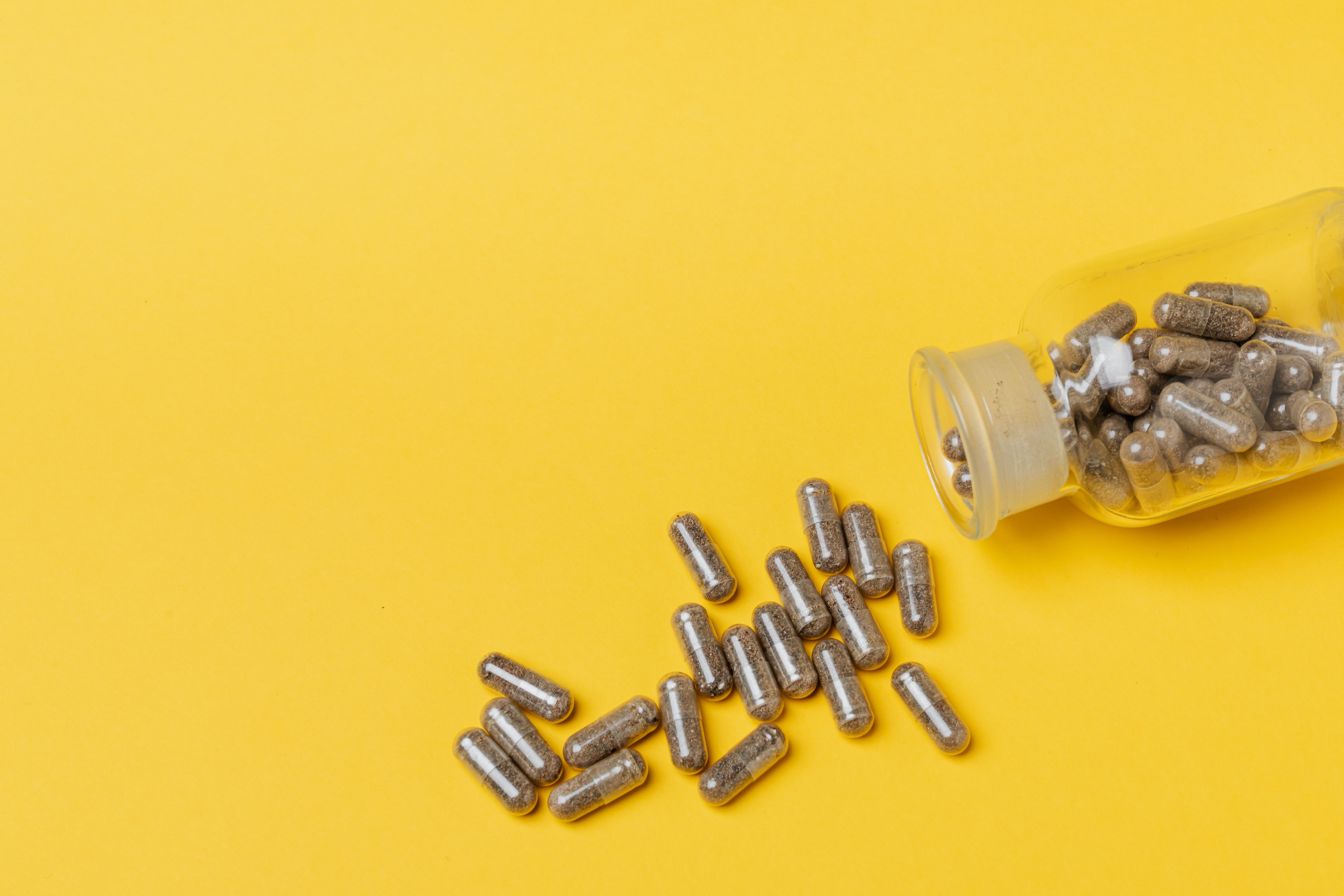Article
Vitamin D Supplementation Reduces Severity of IBS Symptoms
Author(s):
Vitamin D supplementation also resulted in improvements in quality of life scores for patients with irritable bowel syndrome.

New research suggests vitamin D supplementation could be useful in reducing the severity associated with the symptoms of irritable bowel syndrome (IBS).
A team, led by Ryan Ian Houe Chong, Yong Loo Lin School of Medicine, National University of Singapore, identified the clinical effects of vitamin D supplementation on IBS symptom severity and quality of life measures.
In the past observational studies have shown a relationship between serum vitamin D levels and IBS symptoms.
The Review
In the systematic review and meta-analysis, the investigators searched various databases and identified 685 patients across 8 studies
The team found vitamin D supplementation significantly improved IBS symptom severity scale scores with a SMD of -0.77 (95% CI, -1.47 to -0.07; P = 0.04, I2 = 91%).
Improvements in quality of life scores for patients with IBS were also seen, but they were not statistically significant (SMD, 0.54; 95% CI, -0.34 to 1.41; P = 0.15; I2 = 87%).
There were several limitations, including small sample sizes, a younger study populations, a limited ethnicities, and varied vitamin D dosing strategies across the different studies.
“Vitamin D supplementation could be part of our clinical armamentarium when managing IBS patients due to the potential efficacy and good safety profile,” the authors wrote. “Further randomized, controlled trials are required to confirm the therapeutic effects.”
Propolis
Another supplement that has shown promise is reducing IBS symptoms is propolis, a resinous give product collected by honeybees from varied petals and plant buds sources.
In a new study, the investigators examined 56 patients with IBS who were randomly assigned to be treated with either 900 mg of propolis per day or matching placebo tablets for 6 weeks.
The participants were between 18-65 years who have a constipation subtype of IBS or a mixed subtype of IBS based on the Bristol stool form scale. The patients also did not have any allergies to bee products.
The investigators adjusted anxiety scores and found a significant reduction in the overall score of IBS symptoms (−98.27 ± 105.44), the severity of abdominal pain (−24.75 ± 28.66), and the frequency of abdominal pain (−2.24 ± 3.51) in the propolis group compared to placebo (P <.05).
The patients in the propolis cohort were also 6.22 times more likely to experience a clinically significant improvement in IBS symptoms compared to participants in the placebo group (95% CI, 1.14-33.9; P = .035).
However, there was no significant change in anthropometric measurements or dietary intakes in either group (P >.05).
“Our results showed that propolis supplementation might have a beneficial effect on constipation subtype of IBS (IBS-C) and mixed subtype of IBS (IBS-M) severity by reducing the severity and frequency of abdominal pain in patients with irritable bowel syndrome (IBS),” the authors wrote.
The study, “Vitamin D supplementation for irritable bowel syndrome: A systematic review and meta-analysis,” was published online in the Journal of Gastroenterology and Hepatology.





